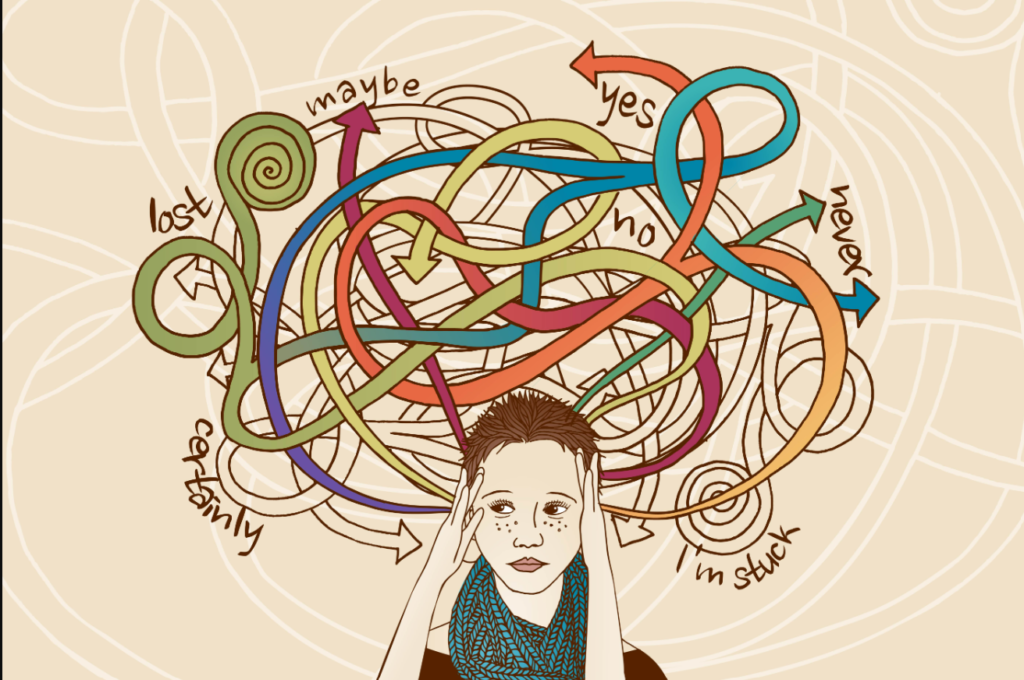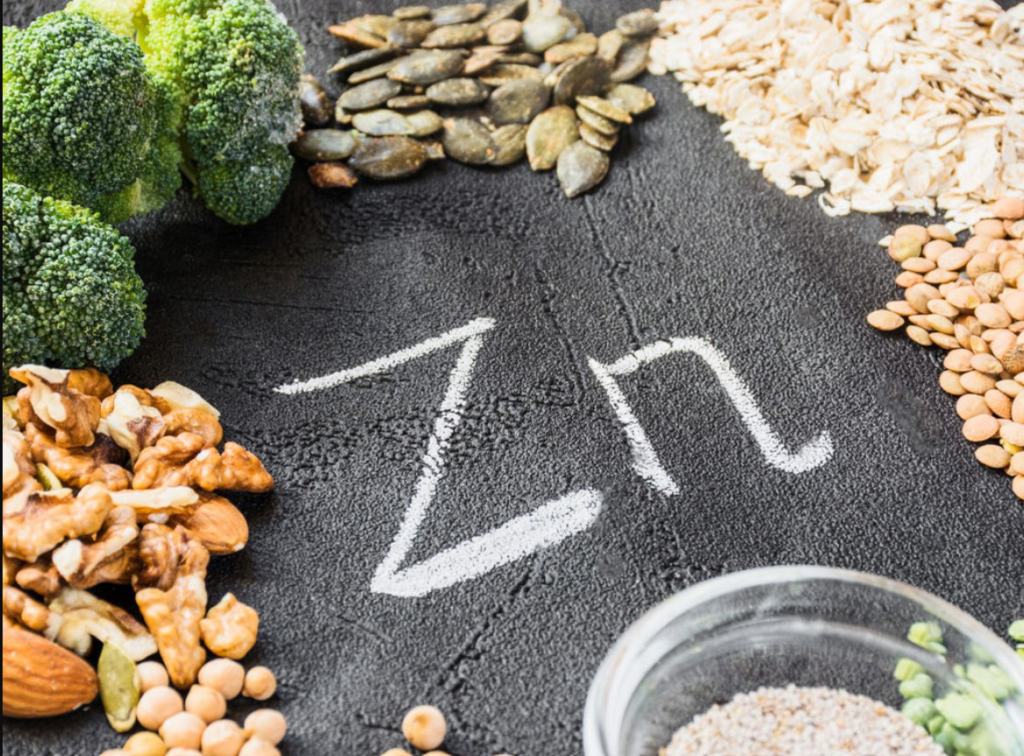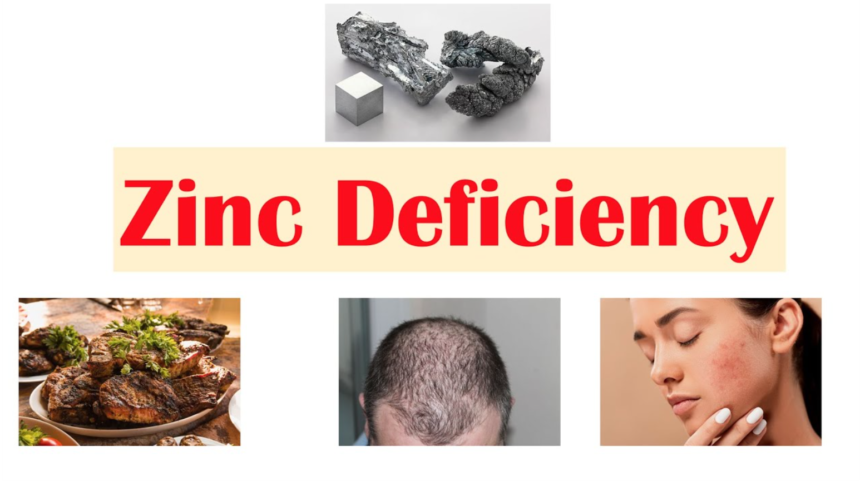Learn about the subtle signs that indicate a deficiency in zinc and safeguard your health. Discover the symptoms you shouldn’t ignore.
In the intricate tapestry of human health, zinc stands as a crucial element, playing a pivotal role in various physiological processes. Its deficiency can cast a shadow on our well-being, leading to a cascade of symptoms that often go unnoticed. In this comprehensive guide, we delve deep into the subtle but significant signs of a deficiency in zinc, aiming to shed light on this overlooked aspect of nutritional health.
The Silent Culprit: Understanding Zinc Deficiency
Hair Loss and Brittle Nails
One of the first signs that may go unnoticed is hair loss and the brittleness of nails. Zinc deficiency can disrupt the normal growth and maintenance of hair follicles and nails, manifesting in weakened strands and brittle nails. Paying attention to these subtle changes can provide valuable insights into your nutritional status.
ALSO READ: Arthritis Management In Ayurveda: A Holistic Approach To Healing

Skin Woes: Eczema and Acne
Zinc plays a crucial role in maintaining healthy skin, and its deficiency can lead to skin woes such as eczema and acne. The lack of this essential mineral may disrupt the skin’s natural barrier function, paving the way for inflammatory skin conditions. Recognizing these skin manifestations can be a key to addressing underlying nutritional imbalances.

Unraveling the Complex Web: How Zinc Deficiency Impacts Immunity
Frequent Infections
A robust immune system is our body’s fortress against invading pathogens, and zinc is a cornerstone in building and maintaining immune strength. Deficiency in this mineral can weaken our immune response, leading to a higher susceptibility to infections. Recurrent colds, flu, or other infections may signal an underlying zinc deficiency that warrants attention.

Delayed Wound Healing
Zinc is vital for the synthesis of collagen, a crucial component in the wound-healing process. A deficiency in zinc may result in delayed wound healing, leaving the body vulnerable to infections. If you notice wounds taking longer to heal than usual, it might be an indication to explore your zinc levels.
ALSO READ: Understanding Infertility Evaluation And Treatment In Ayurveda

Navigating the Terrain: Mental and Emotional Impact
Mood Swings and Cognitive Decline
Beyond its physical implications, zinc deficiency can extend its influence to our mental and emotional well-being. Mood swings, irritability, and cognitive decline might be subtle hints that your body is craving more zinc. Recognizing these signs can be a proactive step towards addressing nutritional imbalances.

Bridging the Gap: Incorporating Zinc-Rich Foods
To counteract the subtle menace of zinc deficiency, it’s imperative to include zinc-rich foods in your diet. Incorporate a variety of foods such as oysters, pumpkin seeds, beef, chickpeas, and spinach to ensure an adequate intake of this vital mineral.

In the symphony of health, zinc plays a melody that, when in harmony, ensures the smooth functioning of various bodily processes. Recognizing the symptoms of zinc deficiency is the first step towards rectifying potential imbalances and restoring optimal health. By staying attuned to these subtle signs, you empower yourself to take proactive measures, ensuring that your body thrives in its optimal state.
ALSO READ: Shubham Singh And Dhruv Bisht’s Biographies Of Funyaasi
Click here, to check out HNN’s latest post.
Source: Google




































